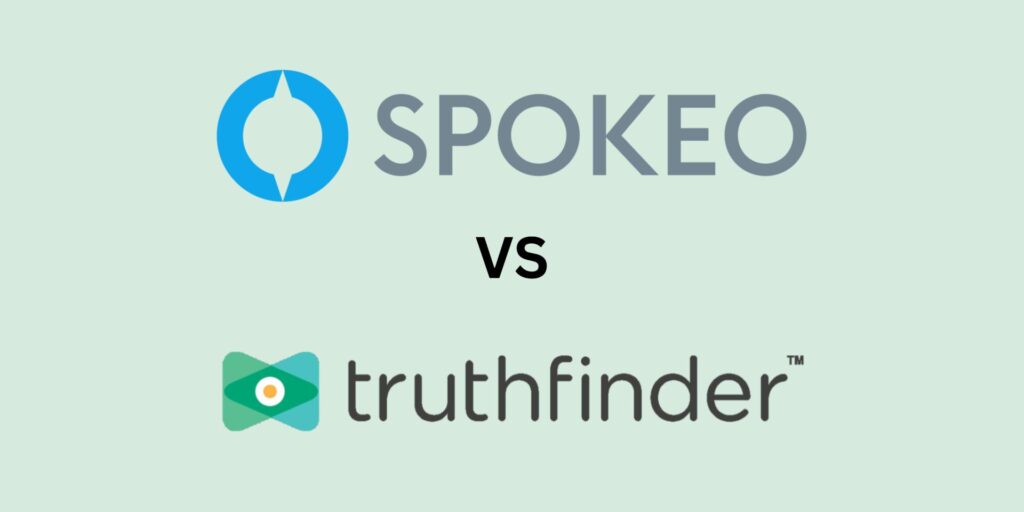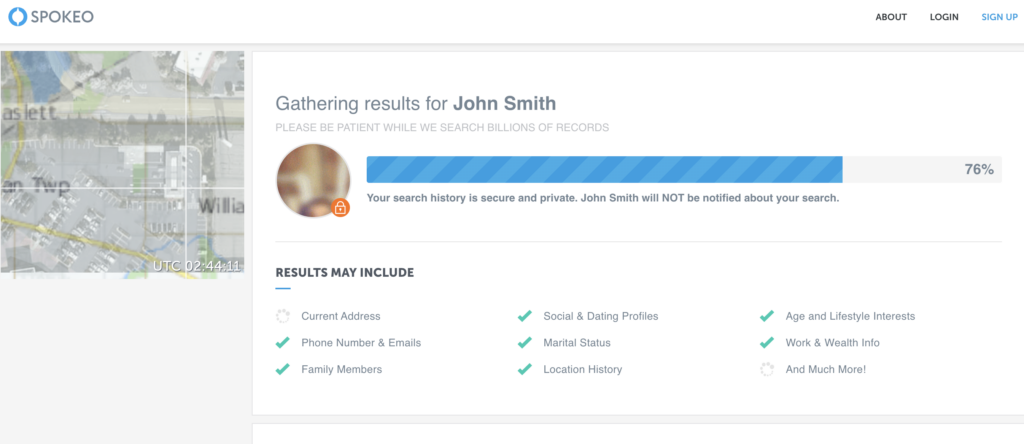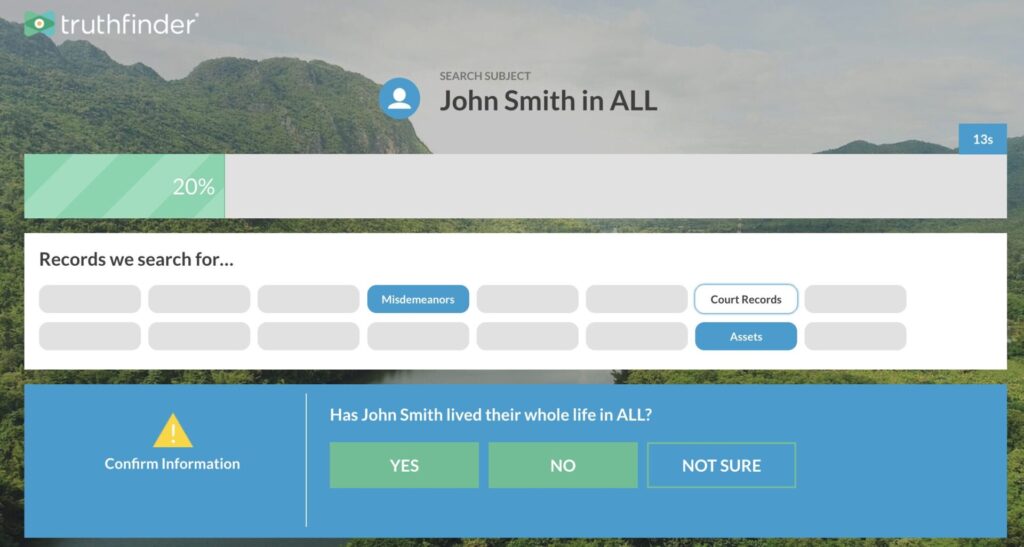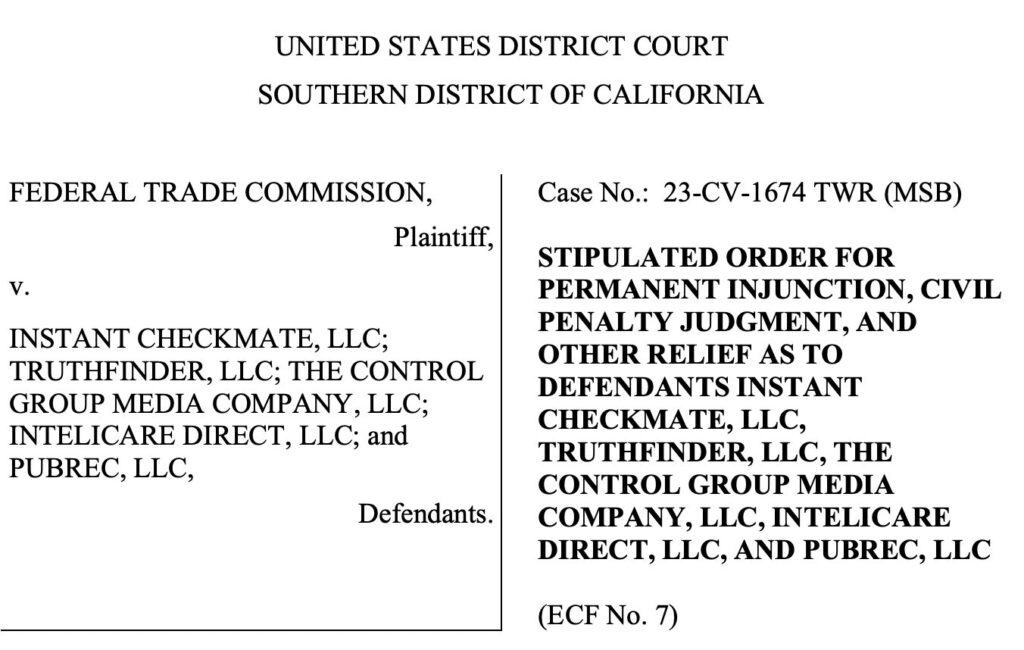
Spokeo and TruthFinder are both search engines designed to gather and compile public records and social network information into comprehensive reports about individuals. The differences between them primarily stem from their data sources, search capabilities, user interfaces, and intended use cases.
Spokeo is known for its wide-ranging aggregation of data, pulling from social media profiles, public records, and white pages to offer a broad overview of a person’s digital footprint. It’s particularly adept at finding information from social networks, which makes it useful for reconnecting with people or verifying online identities. Spokeo’s interface is geared towards ease of use, with a straightforward approach that allows users to quickly get results with minimal information. However, it may not delve as deeply into certain types of public records, such as criminal records or detailed background checks.

TruthFinder focuses more intensely on deep background checks, emphasizing criminal records, court records, and other public records that offer insight into a person’s background. Its search algorithms are designed to unearth detailed information that may be pertinent to safety and trust, such as arrest records, sex offender status, and detailed personal history. This focus makes TruthFinder particularly useful for those conducting in-depth personal investigations or wanting to ensure their safety when interacting with unknown individuals. The platform’s user interface is more complex, reflecting the depth of information available, which may require a steeper learning curve for some users.

Both platforms utilize advanced data mining and aggregation techniques, employing both public and semi-public data sources to compile their reports. The technical backbone involves sophisticated algorithms for data matching and verification, ensuring that information is as accurate and up-to-date as possible. The nature of their sources means that there’s always a potential for inaccuracies or outdated information, a challenge inherent to any service dealing with vast amounts of public data.
Search Anyone for Free
Search and Verify Just About Anyone
A key difference between the two is that TruthFinder violated the Fair Credit Reporting Act and according to the FTC, “Deceived Users About Background Report Accuracy, Violated FCRA While Marketing Reports for Employee and Tenant Screening”. A $5.8 million fine was imposed on them to settle a lawsuit.

Summary
Considering TruthFinder’s past FTC violations and customer deception, we can only recommend Spokeo as a people search service.
Comparison Table
| Feature | Spokeo | TruthFinder |
|---|---|---|
| Data Sources | Social media profiles, public records, white pages | Criminal records, court records, public records |
| Search Capabilities | Broad overview, good for reconnecting and verifying online identities | Deep background checks, focus on safety and trust |
| User Interface | User-friendly, straightforward | Complex, detailed information access |
| Intended Use Cases | Reconnecting with people, identity verification | In-depth personal investigations, safety checks |
| Technical Backbone | Data mining and aggregation, social network focus | Advanced algorithms for criminal and public record accuracy |
| Legal Compliance | Adheres to laws like FCRA, not for employment or tenant checks | Adheres to laws like FCRA, not for employment or tenant checks. Past FTC lawsuit and FCRA violations. |